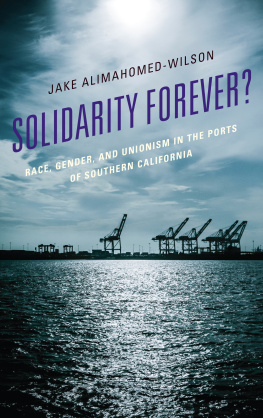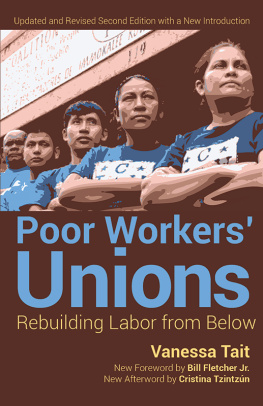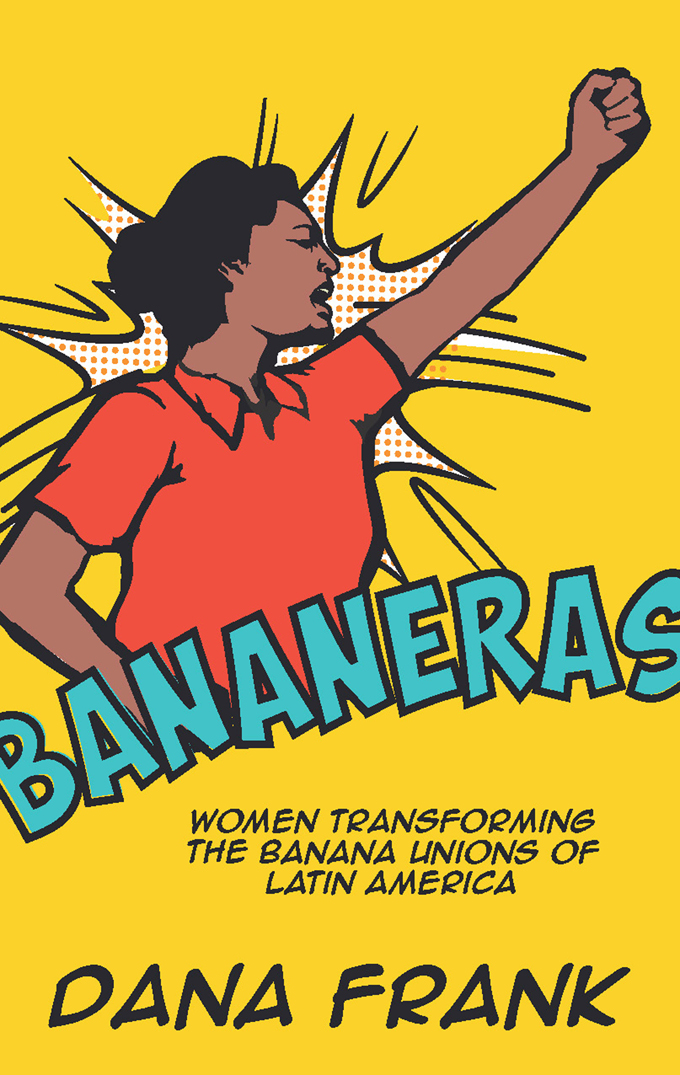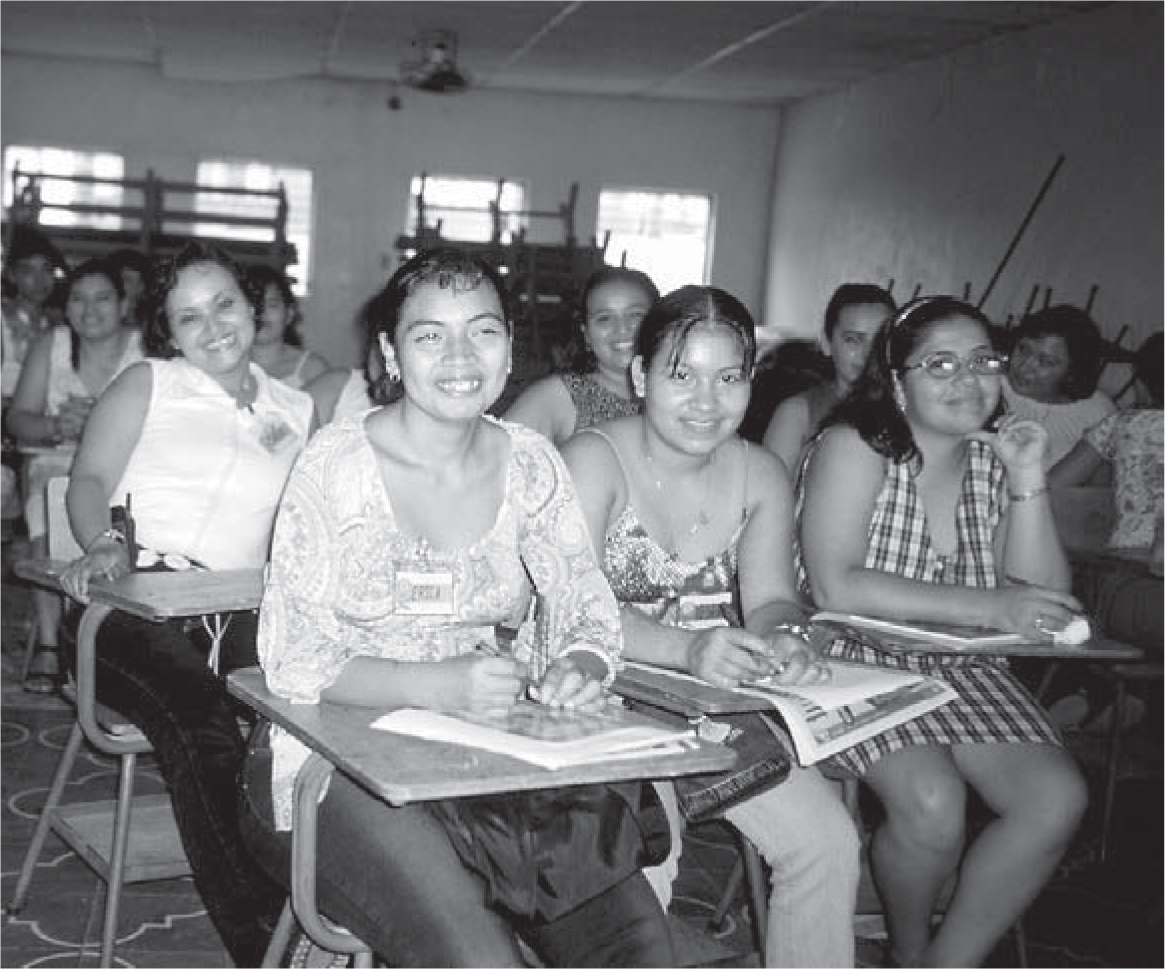Dana Frank - Bananeras: Women Transforming the Banana Unions of Latin America
Here you can read online Dana Frank - Bananeras: Women Transforming the Banana Unions of Latin America full text of the book (entire story) in english for free. Download pdf and epub, get meaning, cover and reviews about this ebook. year: 2005, publisher: South End Press, genre: Home and family. Description of the work, (preface) as well as reviews are available. Best literature library LitArk.com created for fans of good reading and offers a wide selection of genres:
Romance novel
Science fiction
Adventure
Detective
Science
History
Home and family
Prose
Art
Politics
Computer
Non-fiction
Religion
Business
Children
Humor
Choose a favorite category and find really read worthwhile books. Enjoy immersion in the world of imagination, feel the emotions of the characters or learn something new for yourself, make an fascinating discovery.

- Book:Bananeras: Women Transforming the Banana Unions of Latin America
- Author:
- Publisher:South End Press
- Genre:
- Year:2005
- Rating:4 / 5
- Favourites:Add to favourites
- Your mark:
Bananeras: Women Transforming the Banana Unions of Latin America: summary, description and annotation
We offer to read an annotation, description, summary or preface (depends on what the author of the book "Bananeras: Women Transforming the Banana Unions of Latin America" wrote himself). If you haven't found the necessary information about the book — write in the comments, we will try to find it.
I want to learn how to defend myself from whoever tries to oppress me, whether its my husband, my union, or my boss.a bananera
Women banana workersbananerasare waging a powerful revolution by making gender equity central in Latin American labor organizing. Their successes disrupt the popular image of the Latin American woman worker as a passive bystander and broadly re-imagine the possibilities of international labor solidarity.
Over the past 20 years, bananeras have organized themselves and gained increasing control over their unions, their workplaces, and their lives. Highly accessible and narrative in style, Bananeras: Women Transforming the Banana Unions of Latin America recounts the history and growth of this vital movement.
Starting in 1985 with one union in La Lima, Honduras, and expanding domestically through the late 1990s, experienced activists successfully reached out to younger women with a message of empowerment. In a compelling example of transnational feminism at work, the bananeras crossed borders to ally with banana workers in five other banana exporting countries in Latin America, arguing all the while that empowering women at every level of their organizations makes for stronger unions, better able to confront the ever-encroaching multinational corporations.
When the bananeras of Latin America, with their male allies, explicitly integrate gender equity into their organizing work as essential to effective labor internationalismwhen they refuse to separate the global struggle against trans-national corporations from the formidable efforts at home to achieve equity and respectthey inspire all of us to envision a new framework for internationalism that places womens human rights at the center of global class politics.
A professor of American studies at the University of California Santa Cruz, Dana Frank focuses on US and international labor issues. Published in The Washington Post, The Nation, and other periodicals, she is the author of Buy American and, with Robin D.G. Kelley and Howard Zinn, of Three Strikes.
Dana Frank: author's other books
Who wrote Bananeras: Women Transforming the Banana Unions of Latin America? Find out the surname, the name of the author of the book and a list of all author's works by series.














